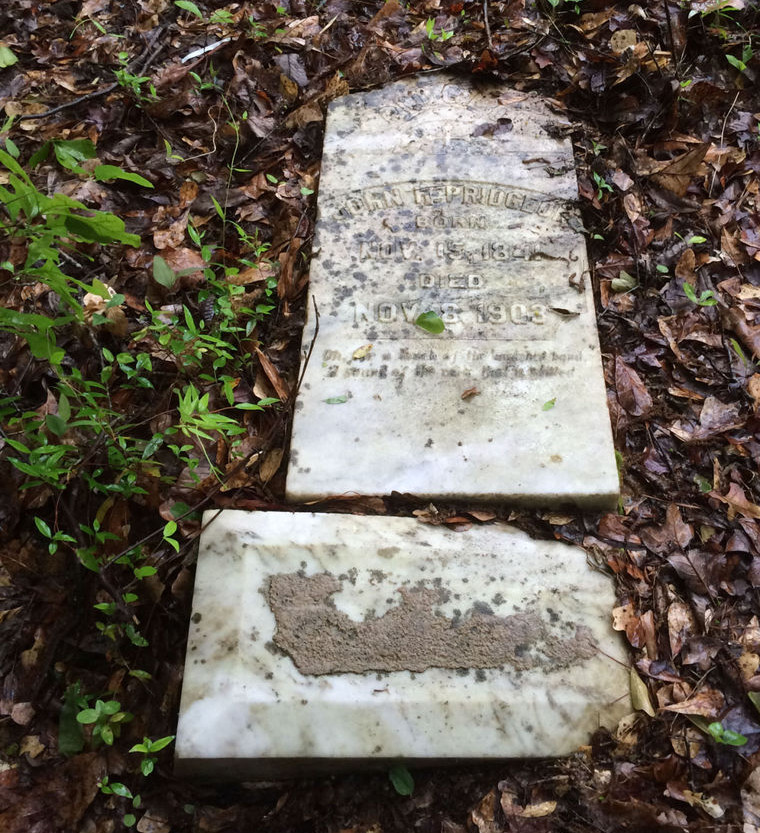Sale-priced paper towels and flat-screen TVs could soon be available in the space currently occupied by the bones of John R. Pridgeon.
That’s because Hope Mills, North Carolina could be deciding a week after Memorial Day on whether to uproot and move the remains of several of its local deceased, including the Civil War veteran to make way for a new Walmart.
Gary Kepley, Pridgeon’s great-grandson, opposes the idea, saying his great-grandfather “served bravely in the Confederate Army.”
“Let’s just clean up the area and fence if off and watch over it, now that we know where it is,” he tells The Fayetteville Observer.
But Kepley may not get his wish, as Hope Mills Mayor Jackie Warner asked Town Attorney T.C. Morphis Jr. to research “a state statute that sets guidelines on the handling of grave sites.”
The Board of Commissioners could decide as soon as June 1 – one week after Memorial Day – about what to do with the graves in order to make way for a new Walmart Neighborhood Market.
Pridgeon’s remains, along with those of at least two others, are on private property. The owner is seeking to sell his parcel to Walmart for the development and would like the graves moved.
“What are you going to move? It’s not like it’s a modern grave where you have a vault and casket,” Kepley says. “It’s just going to be ground and bones, maybe. How do you move that? Those people had planned on being there until the end of time.”
He adds, “That area has a rich heritage for us.
“I don’t want to see it moved.”
State law allows for a municipality or private property owners to move graves, but that it is unlawful to “take away, disturb, vandalize, destroy or change the location of any stone, brick, iron or other material or fence enclosing a cemetery without authorization of law or consent of the surviving spouse or next of kin of the deceased.”

Leave a Comment
COMMENTS POLICY: We have no tolerance for messages of violence, racism, vulgarity, obscenity or other such discourteous behavior. Thank you for contributing to a respectful and useful online dialogue.